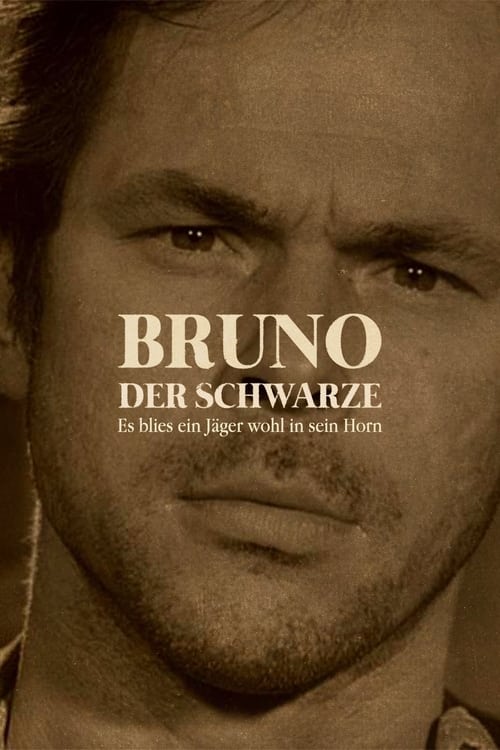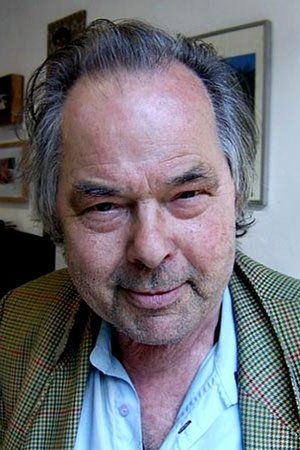Bruno the Black - One Day a Hunter Blew His Horn (1971)
-
Release06/28/1971
-
ProductionDeutsche Film- und Fernsehakademie Berlin (DFFB)
-
Rotten tomato0%
-
Original titleBruno der Schwarze - Es blies ein Jäger wohl in sein Horn
-
Original languagede
-
Production Cost
-
0.00-
Overview
Lutz Eisholz’s first feature film was produced at West Berlin’s German Film and TV Academy. In an experimental documentary he portrays the working class outcast Bruno S., who prowls the city as a street musician, performing his own songs. The film unfolds Bruno’s story: abandoned by his mother as a child, he was maltreated in correctional institutions in Nazi Germany. On release after WWII he found work but started performing at the same time as a self-taught musician and poet. Although incapable of “normal” human bonding, he was still able to rejoice in life. When Werner Herzog saw this film he recognized Bruno’s potential and hired him to play starring roles in The Enigma of Kaspar Hauser (1974), Heart of Glass (1976) and Stroszek (1977).
-
Director
Currently available to stream, watch for free, rent, and buy in the United States. You can makes it easy to find out where you can legally watch your favorite movies & TV shows online.


